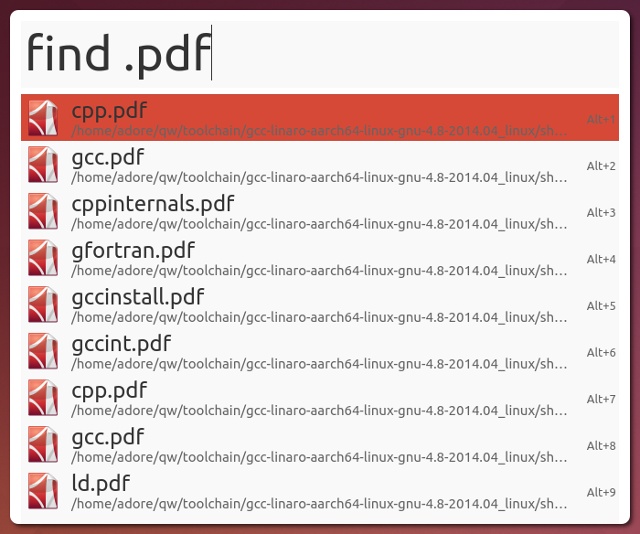

To see the full list of locate's options, type:Īdditionally, you can configure locate to update its database on scheduled times via a cron job, so a sample cron which updates the database at 1 AM would look like: 0 1 * * * updatedb It will look through its database of files and quickly print out path names that match the pattern that you have typed. Or, to look for a filename or pattern from within the current directory, you can type: pwd | xargs -n 1 -I locate "filepattern" If the install script doesn't do it for you, it can be done manually by typing sudo updatedbĪnd, to use it to look for some particular file, type: locate filename
Linux find directory by name how to#
You should check the manual of your OS on how to install it, and once it's installed, it needs to initiate the database. One such common tool is locate or slocate/mlocate. However, there are more modern and faster tools than find, which are traversing your whole filesystem and indexing your files. 1 Comment This guide will show you how to use find and locate commands to find files and directories on your Linux file systems. By default find prints the name of the located files but it can also perform commands on these files. The following search matches with a directory named Db,db,DB. The -iname parameter is used to provide the directory name instead of -name parameter. By default, the find command searches the provided directory name as case insensitive. Or if man pages aren't available at your system: find -help The GNU find command searches files within a directory and its subdirectories according to several criteria such as name, size and time of last read/write. find /home/ismail -type d -name 'db' Find Directory with Case Insensitive Name. To see the full list of options, type man find With the find command, you can use wildcards, and various switches. It starts recursively traversing for filename or pattern from within the current directory where you are positioned. The default way to search for files recursively, and available in most cases is find. GNU find searches the directory tree rooted at each given file name by evaluating the given expression from left to right, according to the rules of precedence.


 0 kommentar(er)
0 kommentar(er)
